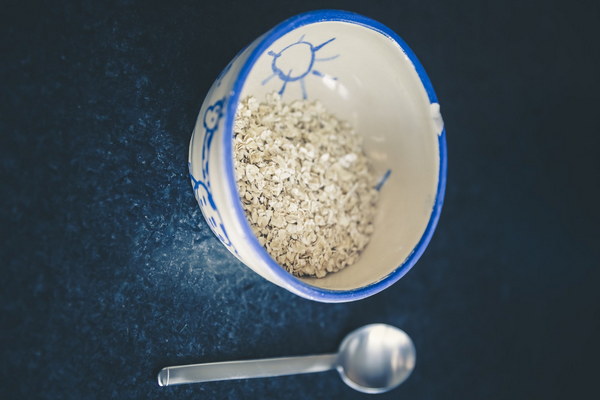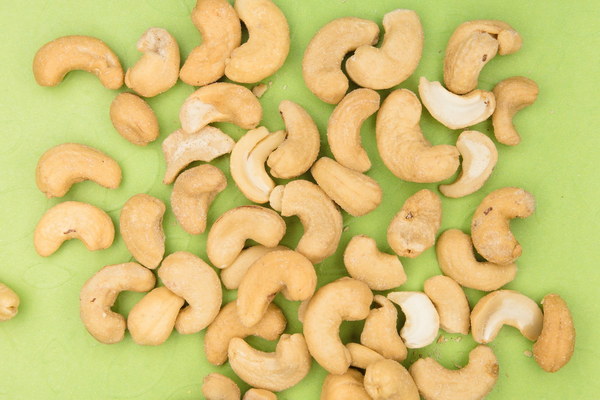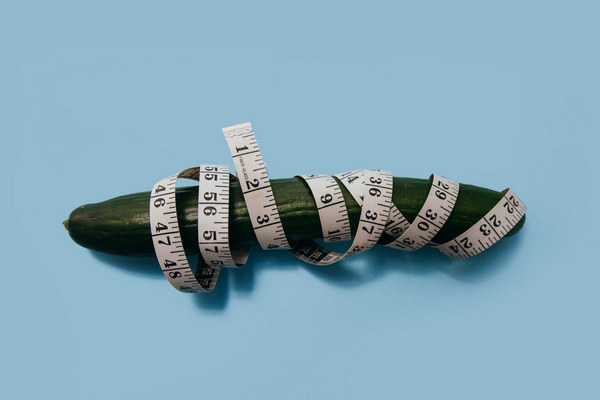Top Supplements and Diet Tips for Elderly with High Uric Acid Levels
Elevated uric acid levels in the elderly can lead to discomfort and potential health complications. To support their well-being, it's essential to consider both diet and supplements. This article delves into the best supplements and dietary recommendations for seniors with high uric acid, aiming to help them maintain a balanced and healthy lifestyle.
Understanding Uric Acid and Its Impact on Elderly
Uric acid is a byproduct of the body's metabolism of purines, which are found in certain foods and are also produced naturally in the body. Normally, uric acid dissolves in the blood and is excreted through the kidneys. However, when the levels of uric acid in the blood are too high, it can lead to the formation of uric acid crystals, which can cause gout or kidney stones.

In the elderly, the risk of developing high uric acid levels increases due to age-related changes in kidney function and metabolism. This is why it's crucial to address this condition with a combination of diet and appropriate supplements.
Dietary Recommendations for Seniors with High Uric Acid
1. Low-Purine Diet: Encourage the consumption of foods that are low in purines. This includes avoiding or limiting red meat, seafood, organ meats, and beer.
2. Fruits and Vegetables: Include a wide variety of fruits and vegetables in the diet. These are generally low in purines and can help in maintaining a healthy body weight.
3. Whole Grains and Legumes: Incorporate whole grains and legumes into the diet, as they are also low in purines and can provide essential nutrients.
4. Hydration: Adequate hydration is key. Water helps to dilute the uric acid in the blood and aids in its excretion. Seniors should aim for at least 8-10 glasses of water per day.
5. Limit Sugar and Sweeteners: Excessive sugar consumption can increase uric acid levels. It's best to avoid sugary drinks and desserts.
6. Moderate Alcohol: Alcohol, especially beer and spirits, can raise uric acid levels. Seniors should limit alcohol intake or choose low-alcohol beverages.
Supplements for High Uric Acid in the Elderly
1. Allopurinol: This medication is commonly prescribed to lower uric acid levels. It works by inhibiting the production of uric acid in the body.
2. Colchicine: Another medication used to treat gout, colchicine can also help lower uric acid levels. It is often used in conjunction with other medications.
3. Uricosuric Agents: These supplements help increase the excretion of uric acid through the kidneys. Examples include probenecid and lesinurad.
4. Niacin: Also known as vitamin B3, niacin can help lower uric acid levels by increasing the excretion of uric acid in the urine.
5. Berberine: This natural supplement has been shown to have anti-inflammatory properties and can help lower uric acid levels.
6. Cherry Juice: Cherry juice has been found to have a mild effect on lowering uric acid levels. However, it should be consumed in moderation due to its high sugar content.
Conclusion
Managing high uric acid levels in the elderly requires a comprehensive approach, including a balanced diet and appropriate supplementation. It's important for seniors to consult with their healthcare provider before starting any new diet or supplement regimen. By working together, healthcare professionals and seniors can create a personalized plan to maintain a healthy uric acid balance and overall well-being.









